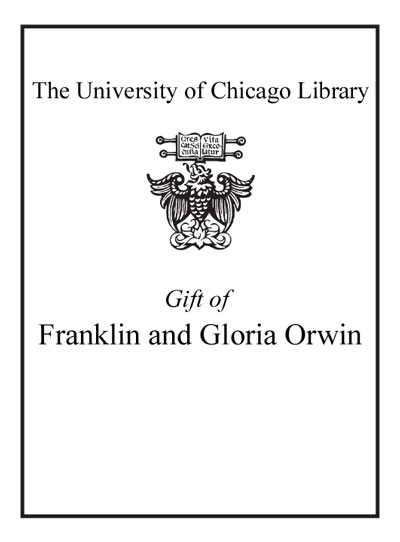Review by Choice Review
A growing trend in Vietnam War literature is a more international perspective. Ngoei (Nanyang Technological Univ., Singapore) represents this approach. By viewing decades of British-built, pro-West, anti-communist nationalism from the end of World War II as well as the negative reaction toward China and the Chinese diaspora in Malaysia, Singapore, the Philippines, Thailand, and Indonesia, Ngoei determines that the US loss in Vietnam had minimal long-term negative consequences. He contends that rather than "falling dominos" and diminished power after failure in Vietnam, the US emerged in a stronger position in the region and replaced the retreating British as the new neocolonial hegemon. This interesting study breaks new ground on interpreting the Vietnam War and Southeast Asian history in fresh and important ways. As China's resurgence today challenges this extant political order, which has been in place for decades, Southeast Asia returns to the forefront of an arc of containment. Reflecting on the region's history, Ngoei issues a sad warning about the costs for the peoples of the area subjected to the new and re-emergent Asian cold war challenges. This is an important scholarly contribution. Summing Up: Highly recommended. Upper-division undergraduates through faculty. --Joe P. Dunn, Converse College
Copyright American Library Association, used with permission.
Review by Choice Review

